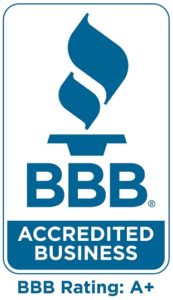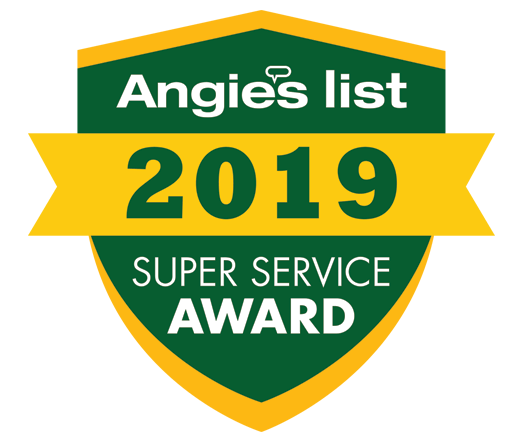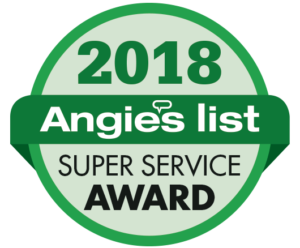Are you struggling to keep warm in your home this winter? Upgrading your insulation can help keep warmth inside of your home and make it more affordable to heat and cool. However, with so many types of insulation available, it can be difficult for homeowners to know how to choose the best insulation for Chicago winters.
ARC Insulation offers a wide range of insulation services throughout Naperville and surrounding areas. Our team of building scientists can find out where your home is losing heat in the winter and recommend effective insulation solutions for our freezing temperatures.
How Heat Escapes a Home in the Winter
With regular polar vortices and subzero temperatures in Chicagoland, it’s important to find a high-performance insulation to keep your home protected from the elements. However, to understand which type of insulation is best for keeping warm all winter (and cool in the summer), it’s a good idea to know how heat can move in and out of a home.
Heat will naturally move from warmer to colder spaces and throughout the winter it will go from your living spaces to unconditioned areas of your home, like garages, attics, and basements. Heat will do this via three different methods: conduction, convection, and radiation.
- Conduction is when heat moves from one object to another through direct touch and is usually apparent in a home where there is the greatest difference in temperature between the indoors and outdoors. This explains why you may have cold exterior walls and windows.
- Convection is when heat moves through air movement, which is why heat always rises in a home and is replaced with cooler air. This explains why your home may feel drafty throughout the winter.
- Radiation does not need a medium to transfer heat where it is instead moved through electromagnetic waves, like with the sun’s rays. Radiation heat transfer can explain why you may feel chilly in your home during the winter, because heat radiates away from your body and toward colder surfaces, like your windows.
Insulation Types for Chicago’s Cold Winters
Both spray foam insulation and cellulose insulation, combined with air sealing, can offer superior protection from all three types of heat transfer.
Spray Foam Insulation for Winter Warmth
One of the advantages of installing spray foam insulation in your home is that it works to both insulate and air seal, giving you full protection in one product. Made up of a foam solution that hardens as it dries, spray foam insulation can fit into tight spaces throughout your home and offers several benefits, including:
- High R-value
- Long lasting
- Moisture control
- All-in-one insulation & air sealing
Cellulose Insulation + Air Sealing for Cold Climates
Combining cellulose insulation with air sealing can also help keep your home comfortable throughout winter and any time of the year. Cellulose insulation is made from recycled materials treated with boric acid to make it resistant to fire, mold, and pests. It’s important to also air seal when installing cellulose in order to boost convective and radiant heat transfer prevention. When the two services are combined, they offer numerous benefits, such as:
- High R-value
- Safe & environmentally friendly
- Cost-effective
- Fire, pest, and mold resistant
Get Your Winter Comfort Back with ARC Insulation
Different types of insulation work best in certain areas of your home, making it important to work with a knowledgeable and experienced insulation contractor in Chicagoland. ARC Insulation has insulated over 30,000 homes in our 31 years of business. Our certified team of building scientists can help you choose an insulation for harsh Chicago winters and your home’s specific needs. Upgrading your insulation and air sealing will not only help keep you comfortable all year long, but it’ll improve your indoor air quality and help lower your energy bills too.













